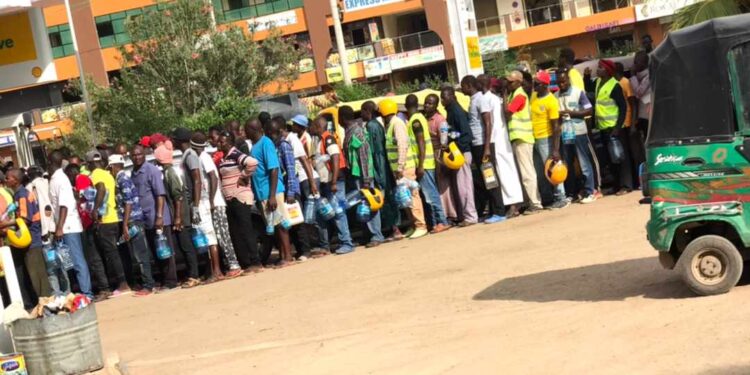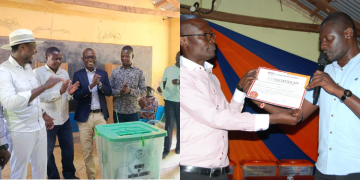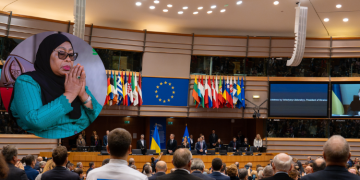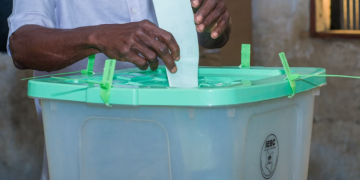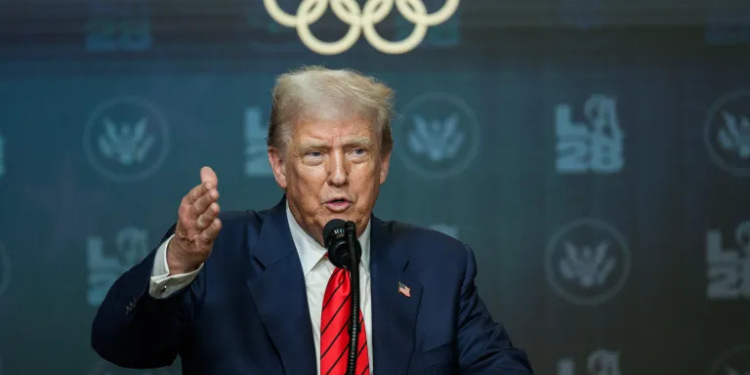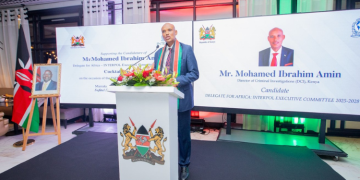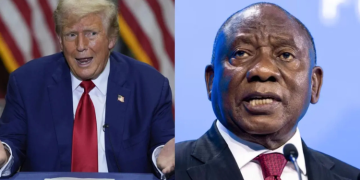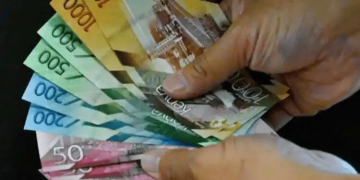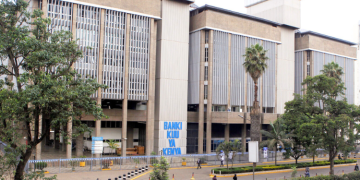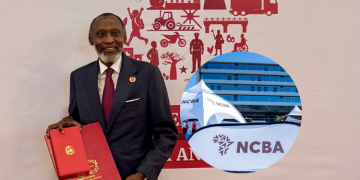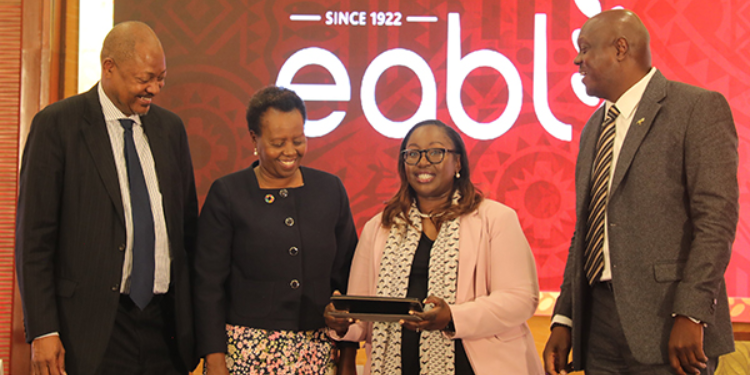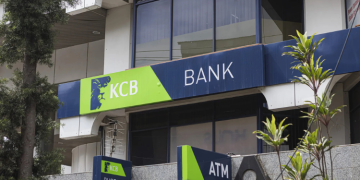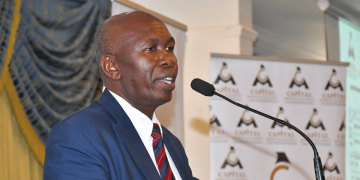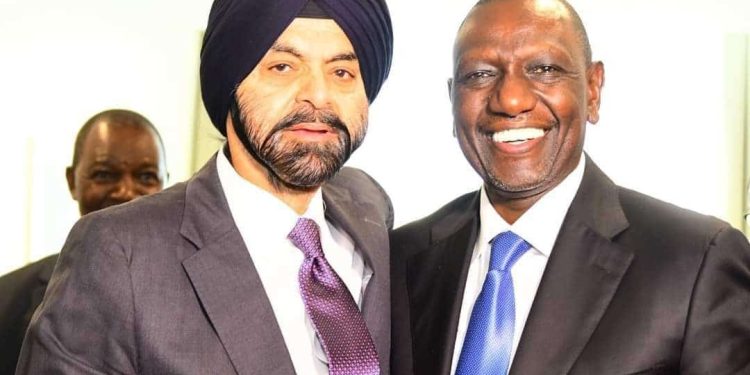The Motorist Association of Kenya (MAK) has criticized and rejected the World Bank’s new tax demands.
In the new demands, the World Bank called for Kenya to raise Value Added Tax (VAT) and excise duty, warning that the proposal will worsen the already high cost of living for citizens.
In a statement released on Thursday, October 9, MAK said the lender’s recommendation comes at a time when Kenyans are still struggling with inflation and low household incomes.
The group described the move as “an economic burden disguised as reform.”
“Kenyans are already struggling to survive. Imposing more VAT and excise duty will only push millions further into poverty,” the statement read in part.
The World Bank, in its latest Sub-Saharan Africa Economic Outlook Report, has urged Kenya to consider increasing consumption taxes to clear mounting supplier arrears, which rose to KSh 526 billion as of June 2025.
2018 Fuel VAT Dispute Cited as a Warning-MAK
MAK recalled the 2018 imposition of a 16 percent VAT on fuel, a decision it said was influenced by similar pressure from the World Bank.
The association stated that the policy sparked public outrage, increased transport costs, and triggered inflation that harmed small businesses.
“We warned in 2018 that a fuel VAT would cripple small traders and raise living costs. Those predictions came true, yet the same policies are being pushed again,” MAK stated.
The association accused the World Bank of prioritizing loan repayments and the interests of multinational corporations over the welfare of Kenyan citizens.
Concerns Over Economic Sovereignty
According to the motorist’s association, continued reliance on World Bank-backed fiscal policies has undermined Kenya’s economic independence.
The group argued that austerity and high-tax measures have weakened public employment and reduced domestic spending power.
“The destruction of public employment under the guise of austerity was not about efficiency. It was about redirecting public funds to repay debts that did not benefit ordinary Kenyans,” MAK said.
Also Read: Govt to Introduce Instant Fines for Motorists and Boda Boda Riders
The association further noted that many Kenyans have been forced to seek work abroad due to limited opportunities at home, linking the situation to restrictive fiscal policies driven by external lenders.
Call for Policy Independence and Public Protection
The Motorists Association urged the government to resist implementing the World Bank’s recommendation, calling for policies that protect consumers and promote local economic recovery instead.
“The World Bank does not own Kenya. Our future must not be dictated by foreign institutions whose interests lie in profit, not people,” the statement concluded.
The association urged policymakers to prioritize domestic revenue reforms, combat corruption, and support local industries rather than increasing consumption taxes.
World Bank pushes for higher VAT, excise duty
The World Bank has urged Kenya to increase consumption taxes such as Value Added Tax (VAT) and excise duty to help clear rising supplier arrears, which grew to Ksh 526 billion in June 2025 from Ksh 421.6 billion in March.
The lender’s latest Sub-Saharan Africa Economic Outlook Report suggests that higher consumption taxes could help improve fiscal stability, though it did not specify which goods should attract the new levies.
Kenya currently charges a 16 per cent VAT on items such as electricity, fuel, and cooking gas, while excise duty applies to products including alcohol, cigarettes, airtime, and betting.
Also Read: Why Most Kenyans Believe the Country Is Headed in the Wrong Direction
However, the proposal has raised concerns among analysts and citizens, who warn that it could increase the cost of living by raising the prices of essential goods and services.
Kenya’s VAT receipts rose to Ksh 606.6 billion in the year to June, but collections still fell short of targets. The country is already grappling with inflation, slow wage growth, and mounting public debt.
The World Bank’s recommendation comes as the government seeks new ways to boost revenue and reduce borrowing amid public resistance to additional taxation.
Follow our WhatsApp Channel and X Account for real-time news updates.
